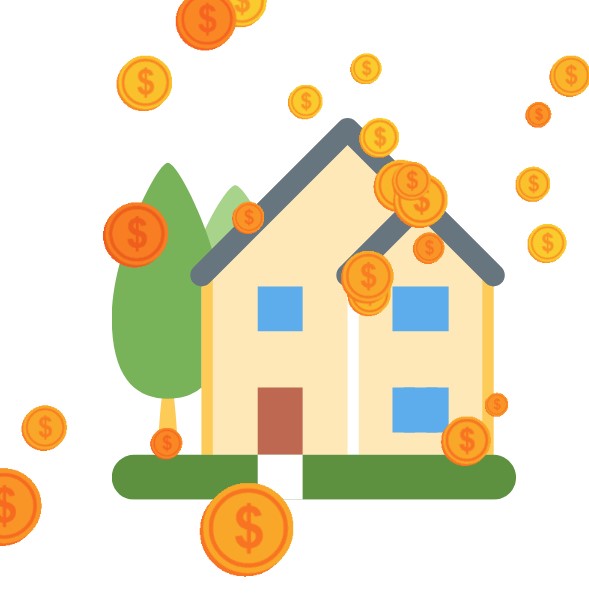With high fees and often astronomical interest rates, credit card debt can quickly snowball from a minor issue to a major problem within a matter of months. In an attempt to quickly get out from underneath this “bad” debt, some people will take the equity from their home through a refinance and use that money for paying off credit card debt.
It seems like a quick and relatively painless solution, right? Simply take from your mortgage, a “good” debt that usually comes with a lower and tax-deductible interest rate, and abolish your high interest, no benefit consumer debt.
Not so fast. As with most “quick and easy” solutions in the financial world, there is always a flip side. Before you take this step, consider all of the pros and cons.
Is Refinancing Your Home to Pay Off Debt a Smart Move?
The Pros – Paying off credit card debt via home refinance
Lower Interest Rate
With average credit card interest rates sitting around 15 percent and average mortgage rates sitting below 5 percent, simple math says you could save money by pulling money from your home equity and clearing all debt from your credit cards.
Consider this example from NerdWallet.
Making minimum payments on a credit card balance of $30,000 at 14.9 percent APR would take over 40 years to pay off and you’d pay over $48,000 in interest.
That same debt rolled into a 30-year fixed mortgage at 5 percent APR would result in less than $28,000 in interest and a lower monthly payment.
Tax-Deductible Interest
If you opt to itemize your taxes, mortgage interest is tax-deductible. Credit card interest – which, again, is often much higher – is not tax-deductible. For the average homeowner, this tax deduction is usually minimal, but we’ll chalk this up as a benefit of refinancing your home.
Credit Score Increase
If your credit cards are maxed out then your credit utilization ratio (your balances divided by your credit limits) is likely much higher than the recommended 30 percent. Therefore paying them off in full could give your credit score a much-needed boost.
The Cons – Paying off credit card debt via home refinance
Cost to Refinance
It might seem like paying off your credit cards through refinancing your home is a great way to save money, but that is often not the case once everything is said and done.
When refinancing, you will likely have to shoulder the closing costs which can be anywhere from 3-5 percent of the total loan amount. In addition, if, through refinancing, you increase the amount owed on your home to 80 percent or more of the total value of the home, you could put yourself on the hook for paying Private Mortgage Insurance or PMI. This is usually between .05-1 percent of the loan amount each year.
Because these costs can quickly add up, it’s essential to make sure you know when refinancing will save you money and when it’s better to continue paying on your cards.
Potential to Rack Up More Debt
If you refinance and clear all of your credit cards, you are suddenly faced with something that has the potential to be extremely damaging if you haven’t amended your spending habits: thousands of dollars worth of available credit, already in your name.
Therefore, paying off your credit cards in one fell swoop is only a permanent solution if you’ve taken the time to determine how you got into debt in the first place and created a plan for avoiding the same predicament in the future.
Trouble Reselling Your Home
Personal finance blog MoneyCrashers makes a great point about another, potentially overlooked hazard of refinancing to pay off credit card debt: the chance that you could make reselling your home much harder.
“When you refinance and make your mortgage larger, you create a situation in which it’s difficult to entertain offers below your current mortgage amount. This is why banks typically won’t let you refinance a home unless you can keep your total mortgage amount below 80 percent of the value of the home. However, even this situation is risky – property values could fall precipitously, or you may need to sell your house quickly due to a variety of circumstances, such as job relocation.”
Takeaway – Weigh all of your options
Every situation is different; therefore it’s important to weigh all of the pros and cons using your specific numbers and rates. Only then will you be able to tell if refinancing your home to pay off your credit card debt is a viable option for you.

